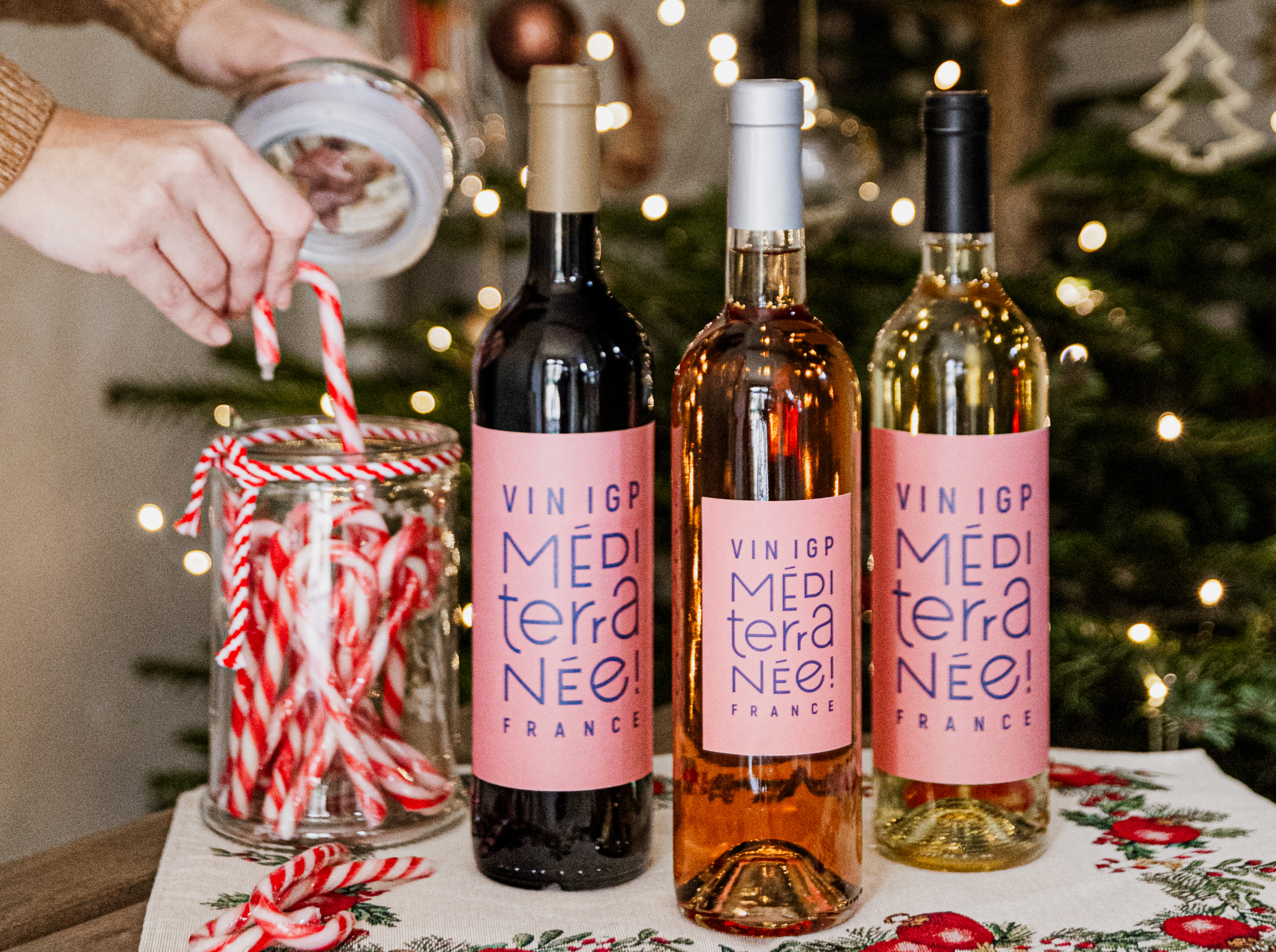Man on the sauce
I felt rather like a vinousDavid Attenborough,privileged to observe winein its natural habitat
I’VE JUST returned from a two week holiday in Provence, staying in a friend’s villa with its own swimming pool halfway up a mountain – very nice. One week into the holiday my better half’s French side of the family came to visit for a few days.
They arrived in the family Peugeot: Didier driving; granny and her two little dogs, Bamboo and Chico, belted into the front passenger seat; mother, Chlorinde, and two children, Arsene and Hippolyte, strapped in the back; with chickens and watermelons lashed to the roof.
I have a complex, slightly schizophrenic relationship with the French. I come from Surrey so I naturally spend most of my time apologising, even to other English people, but my paternal ancestors come from Normandy, and the French, as we all know, feel no need to apologise for anything seeing as they’re the best in the world at wine, cheese, sex and (until recently) football.
Anyway, whenever we meet the French contingent I invariably make the mistake of thinking I’m beginning to fit in. It’s just a question of time as I top up my wine intake and my Franglais gets bolder.
On this latest occasion in Provence, fuelled by the local chilled rosé, not to mention several ice-cold pastis sharpeners, I began to imagine that I could appreciate wine from the French layman’s point of view, as a good, honest drink without airs and graces.
With each glass of wine I felt my mind was tuning into a French frequency. Every meal we ate revolved around the central themes of lemon and garlic chicken, pink lamb with rosemary, bitter-leaved salads, bowls of ratatouille, crusty bread and cosmic cheeses and the choice of wine was basic – red, white or rosé. And in Provence real men drink rosé.
I started to think of the enormous choice of wines in the UK and all the palaver that is still attached to choosing and drinking them. Here, in Provence, the choice was made for us, which seemed only right and proper seeing as we were on holiday.
The enjoyment of food and wine is enhanced by relaxation, I mused, while it is stifled by rules and false ceremony. The more it is regimented and analysed, the more its charm dissipates. I found myself contemplating the French notion of gastronomie where wine is considered as just one element of a good meal, no more nor less important than any of the other main ingredients.
Dissecting a wine over dinner would be pointless and unnecessary. Away from press tastings and press trips I felt rather like a vinous David Attenborough, privileged to observe wine in its natural habitat.
Even without the correct Riedel glassware, the rosé was the perfect wine for the moment. The antidote to New World blockbusters, it was light-bodied, crisp and refreshing with a gentle whiff of strawberries and citrus on the nose and palate.
The acidity was really quite assertive, with a squeeze of fresh lemon juice on the finish. I honestly believe that if you handed a glass of this rosé (name withheld) to an Englishman in England he would take one sip and hand it back.
Partner Content
"Where’s all the fruit, the wood and complexity?" he would ask. But with Provencal food in a Provencal setting this wine was unbeatable. As the sun slipped lower in the sky and the village bell tower rang its early evening chimes, I found myself questioning the concept of "fruitdriven" wines.
Should wine be driven or propelled by anything? It’s such an aggressive, Anglo- Saxon term. I think I would rather my wine, especially with food, were merely "fruit-assisted".
This rosé was neither up-front nor fruit-driven, but it had all the freshness and delicacy of slightly tart fruit juice. Mind-bending with Mediterranean food. I imagined the incredulity that would cloud over these French faces if I suggested a game of Wine Options.
You know the game – everyone stands and calls out answers to questions about the wine they’re drinking. A wrong answer means you sit down, so the winner is the last one standing. Feeling mischievous I asked Didier, "What is this wine?" "Rosé," he replied. I smiled. I felt we understood each other. Wine without pretension.
Then Didier drew my attention to an article in a local newspaper and my heart sank. "The Var Village Voice" is a cut and paste, photocopy and staple publication for the ex-pat community (how glamorous to be an ex-pat, rather than just a pat).
I read it and wept, metaphorically speaking. Written by Ian Parkin, the article announced that it was not about "old hat biodynamics" but "Cosmoculture". He went on to describe Domaine Viret, midway between Visan and Vinsobres, run by father and son, Alain and Philippe Viret.
Apparently, "Magnetic leylines are defined across the vineyard by marble obelisks. There are upright tubes amongst the olive trees on the highest ground, each one representing a planet, catching and concentrating its energy, with individual holes bored in each to show its relationship with other solar bodies in the universe. And in the ‘cathedral’ which houses the cement and innox cuves (sic) there is a ‘font’, topped with a power-source crystal."
Clutching at the faintest hope that Didier’s interest in the article was merely an example of the French penchant for intellectualism, I stood up and announced that I was lighting my barbecue.
The French contingent dissolved into paroxysms of laughter. Later that evening it was explained to me that "barbecue" sounds rather like "barbe-aucul", which means "beard on your arse".
I guess I really am just a Surrey boy and that I will never truly understand the French. Sorry.
* Apologies also to Marcel Pagnol




